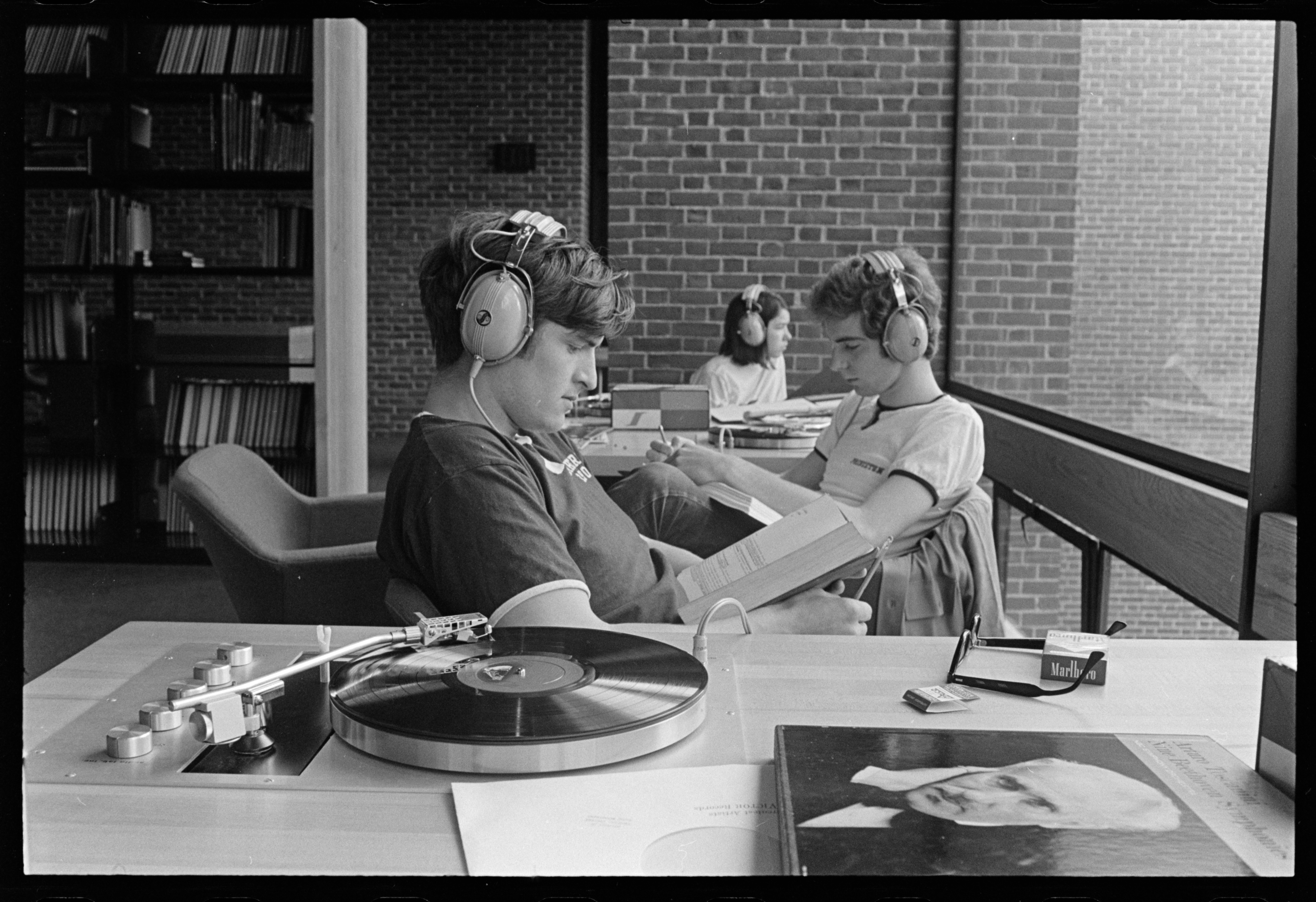"Music hath charms to soothe a savage breast," wrote William Congreve in his 1697 play, "The Mourning Bride." It has been long known that music can have the power of soothing us when we are sad, anxious, angry, or otherwise upset. We seem to be instinctively drawn to particular music depending on our moods. The music may soothe us, but it may also serve to energize us and help us to continue in the face of problems. Music therapists have researched this use and other ways music can be used to help people. Their initial work was done with soldiers back from World War II, recovering in hospital wards. It was found that music aided their recoveries. Since then, it has been clinically shown that music affects the physical body and a person's mental and emotional state. Get some tips in these books to find how music can improve your mental health.
Books
Manage Your Stress and Pain Through Music
Ebook
Sometimes, however, music does not help. In the case of musicians with mental health problems, music can sometimes help, but sometimes it is part of the problem. The myth of the mad, creative genius has been with us for centuries. Some people believe that mental illness is the source of a creative person's work. Books have been written about musicians who have struggled with their mental illnesses, and some of these books have even been made into feature films. We invite everyone to a special screening of Orchestrating Change on Saturday, October 12 at 2:00 - 4:30. This is the new feature documentary that tells the story of Me2/Orchestra, the world’s only orchestra in the world created by and for people living with mental illness and those who support them. The 90-minute film will be followed by a panel discussion and audience Q & A with the filmmakers, Margie Friedman and Barbara Multer-Wellin, Maestro Ronald Braunstein, Me2/Music Director, Caroline Whiddon, Me2/Executive Director, and one or more of the Me2/Boston musicians.
Books
The Soloist: A Lost Dream, an Unlikely Friendship, and the Redemptive Power of Music
Out of Tune: David Helfgott and the Myth of Shine
Divine Madness: Ten Stories of Creative Struggle
Strong Imagination: Madness, Creativity and Human Nature
DVDs
Finally, if you are a musician suffering with a mental illness, know that you are not alone. A study published earlier this year has shown that 73% of independent musicians struggle with at least one form of mental illness. Another study conducted in the United Kingdom in 2017 showed that musicians are three times more likely to experience depression. Links to more information on those studies are listed here.
73 percent of independent music makers suffer from symptoms of mental illness (Record Union)
Musicians are three times more likely to experience depression, according to study (Classic FM)



Add a comment to: Music and Mental Health